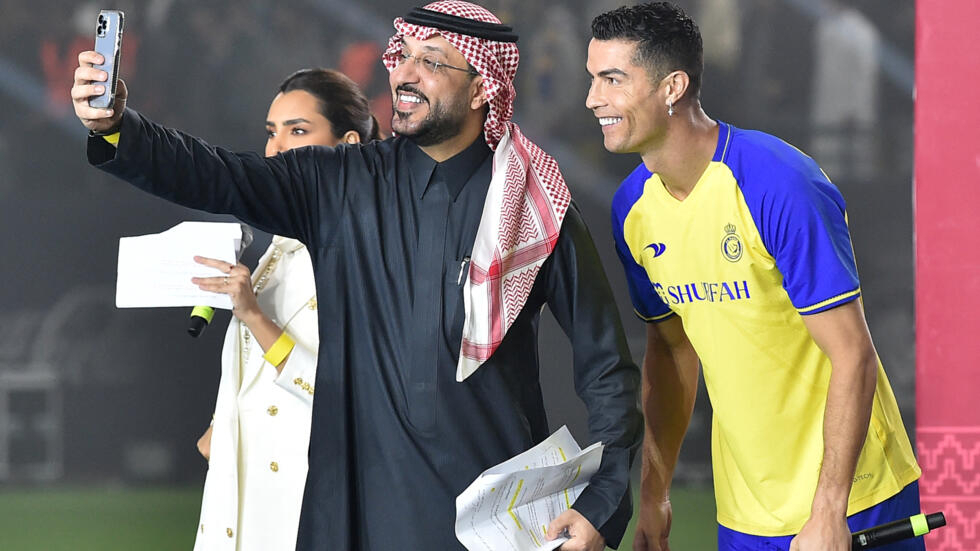In recent years, the world of football has witnessed a seismic shift, with Saudi Arabia emerging as a dominant force in the sport. The Saudi Pro League, once a relatively unknown entity, has transformed into a global spectacle, attracting top-tier talent like Cristiano Ronaldo, Karim Benzema and N'Golo Kanté. Behind this meteoric rise lies the vast financial muscle of the Saudi Public Investment Fund (PIF), which has poured billions into the sport. But what drives this massive investment, and what are the broader political implications?
Why the Sudden Interest in Football?
At first glance, Saudi Arabia's foray into football might seem purely passion driven. However, a deeper analysis reveals a strategic play. The kingdom's Vision 2030, an ambitious plan to diversify its economy and reduce oil dependency, identifies sports as a key sector for growth and international engagement. Football, with its global appeal, offers a unique platform to project soft power, enhance the nation's image, and foster international ties.
Moreover, the investments can be seen as a form of "sportswashing" – an attempt to divert global attention from contentious issues, such as human rights concerns, by associating the nation with popular, universally loved sports events. By becoming synonymous with football's glitz and glamour, Saudi Arabia aims to reshape its narrative in the international arena.
Political Consequences: A Game Beyond the Pitch
The political ramifications of Saudi Arabia's football investments are multifaceted. Firstly, by aligning itself with a global sport, the kingdom is positioning itself as a major player on the world stage, not just in politics and economics, but also in culture and entertainment. This diversification of influence can potentially provide Saudi Arabia with leverage in international negotiations and diplomatic engagements.
Secondly, the investments act as a bridge to foster ties with nations where football is revered. Football diplomacy can open doors that traditional diplomacy might find challenging, creating avenues for collaboration in other sectors like trade, technology, and infrastructure.
However, this strategy is not without its critics. Many argue that the kingdom is using football to "sportswash" its image, diverting attention from pressing issues like human rights violations. This has led to debates and discussions in international forums, putting the spotlight back on the kingdom's domestic policies.
What Does Saudi Arabia Aim to Achieve?
Beyond the immediate goal of diversifying its economy, Saudi Arabia's football investments are a testament to its broader ambitions of becoming a global soft power heavyweight. The kingdom seeks to be at the center of global conversations, not as a mere oil-rich nation but as a multifaceted powerhouse that influences culture, entertainment, and global trends.
Looking Ahead: The Future of Football and Politics
As Saudi Arabia continues its aggressive push into football, several potential outcomes emerge. The kingdom might successfully rebrand itself, with football acting as a catalyst for a more positive global perception. This could lead to enhanced diplomatic ties and a stronger position in international negotiations.
Conversely, the strategy could backfire if the international community views these investments as mere distractions from deeper issues. This could lead to increased scrutiny and demands for reforms.
In conclusion, while the world enjoys the spectacle of star-studded football matches in Riyadh, it's essential to understand the deeper game at play. Saudi Arabia's football ambitions are more than just about the love of the sport; they are a calculated political strategy with global implications. As the lines between sports and politics blur, the world will keenly watch how this play unfolds.










Trackbacks and Pingbacks